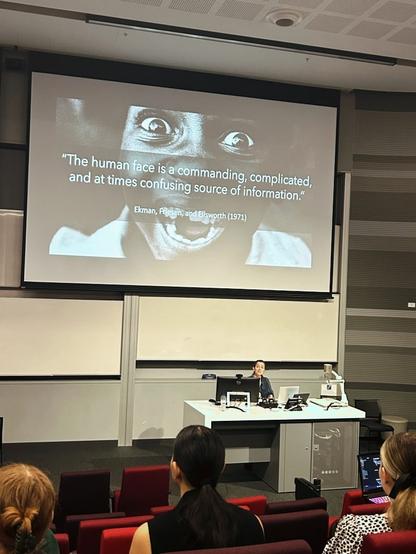Proprioception in Action: A Matter of Ecological and Social Interaction
González-Grandón et al., 2021
https://www.frontiersin.org/articles/10.3389/fpsyg.2020.569403/full#h3
Proprioception in Action: A Matter of Ecological and Social Interaction
The aim of this paper is to provide a theoretical and formal framework to understand how the proprioceptive and kinesthetic system learns about body position and possibilities for movement in ongoing action and interaction. Whereas most weak embodiment accounts of proprioception focus on positionalist descriptions or on its role as a source of parameters for internal motor control, we argue that these aspects are insufficient to understand how proprioception is integrated into an active organized system in continuous and dynamic interaction with the environment. Our strong embodiment thesis is that one of the main theoretical principles to understand proprioception, as a perceptual experience within concrete situations, is the coupling with kinesthesia and its relational constitution—self, ecological, and social. In our view, these aspects are underdeveloped in current accounts, and an enactive sensorimotor theory enriched with phenomenological descriptions may provide an alternative path toward explaining this skilled experience. Following O'Regan and Noë (2001) sensorimotor contingencies conceptualization, we introduce three distinct notions of proprioceptive kinesthetic-sensorimotor contingencies (PK-SMCs), which we describe conceptually and formally considering three varieties of perceptual experience in action: PK-SMCs-self, PK-SMCs-self-environment, and PK-SMC-self-other. As a proof of concept of our proposal, we developed a minimal PK model to discuss these elements...
